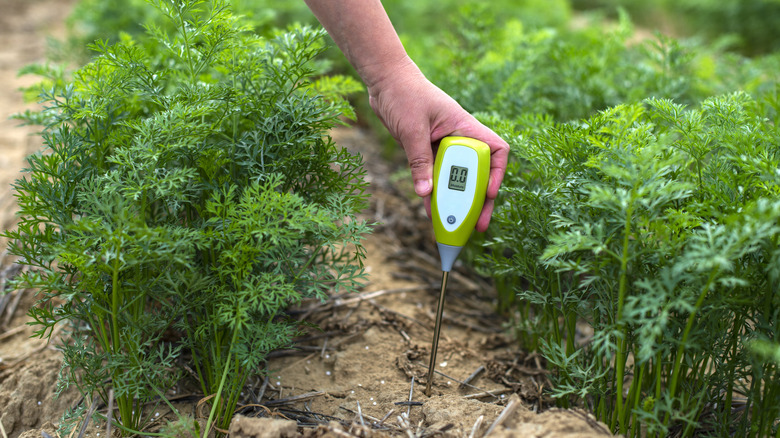Gardenias, with their enchanting white blooms and lush foliage, have a particular affinity for coffee grounds, largely due to the grounds’ ability to enrich the soil and enhance its structure. To appreciate this relationship, it’s vital to explore the nature of gardenias. These plants, native to the tropical and subtropical regions of Africa and Asia, are admired for their aromatic white flowers and dark green leaves, traits that have made them a favorite in both outdoor gardens and indoor plants. However, they demand specific conditions to flourish and mostly thrive in environments that mimic their native habitat — well-drained, nutrient-rich soil is a must. This is precisely where coffee grounds come into the picture. The organic matter in coffee grounds also encourages the presence of beneficial microorganisms in the soil, which play a crucial role in breaking down organic matter and releasing additional nutrients that gardenias can absorb.
Coffee grounds also act as a natural fertilizer, providing a substantial source of nitrogen, an element crucial for the healthy growth and vibrant color of gardenia leaves. Nitrogen plays a central role in chlorophyll production, the green pigment responsible for photosynthesis. This process is vital for the plant to convert light into energy, fostering its growth and bloom production. Moreover, nitrogen is essential for protein synthesis within the plant. Proteins are the building blocks of plant cells, critical for the development of new tissue and the overall health of the gardenia and its blooms.
The role of pH and soil structure

Incorporating coffee grounds into your gardenia care routine goes beyond simply enriching the soil with nitrogen. These grounds, a byproduct of your daily coffee, hold multiple benefits for the soil environment and are crucial for the flourishing of gardenias. Their contribution to soil structure and overall plant health is significant and multifaceted. One of the primary advantages of using coffee grounds in your garden is their role in improving soil texture and structure. Gardenias thrive in well-aerated soil, and coffee grounds, with their granular nature, help create a looser soil composition. This better aeration is important for the health of gardenia roots because it lets more oxygen flow and stops harmful conditions like root rot, which happens when soils are too packed down or too wet.
Moreover, coffee grounds aid in moisture retention in the soil. Gardenias, while requiring well-drained soil, also need consistent moisture to thrive. The organic material in coffee grounds helps to hold onto water, releasing it slowly and providing a steady supply to the plant roots. This attribute is particularly beneficial during dry spells or in well-draining soils where water tends to percolate away quickly. Furthermore, coffee grounds can act as a natural pest deterrent, especially against slugs. This pest-repelling property adds an extra layer of protection for your plants, reducing the need for chemical pest control measures.
Using coffee grounds for gardenia bloom
One way to use coffee grounds is to sprinkle them directly on top of your gardenias’ soil. You can also combine the grounds with various organic substances, as they can become densely packed when used alone. Opt to layer it with compost or leaf mold, which will help accelerate the decomposition of the organic material and maintain moisture effectively. Also, keep in mind that while the acidic nature of the grounds is great for gardenias, it may not be beneficial for plants surrounding them. So, moderation is key. Consistency in soil conditions is also vital for gardenias, as sudden changes can stress the plants and cause flower loss. It’s important to regularly monitor the health of your gardenias. If you notice any negative changes, it may indicate that the coffee grounds are affecting the plants adversely. In such cases, adjust your usage or seek alternative fertilization methods.
It’s also worth noting that while coffee grounds are beneficial, they shouldn’t be the sole source of nutrition for your gardenias. A balanced approach, combining coffee grounds with a suitable gardenia fertilizer and regular watering, ensures that your plants receive a comprehensive spectrum of nutrients. Lastly, it’s quite interesting to note that caffeine, a natural component of coffee plants, actually serves as a growth inhibitor for nearby seedlings. This is nature’s clever way of reducing competition for the coffee plants. So, when using coffee grounds, it’s a good idea to be mindful of this effect.